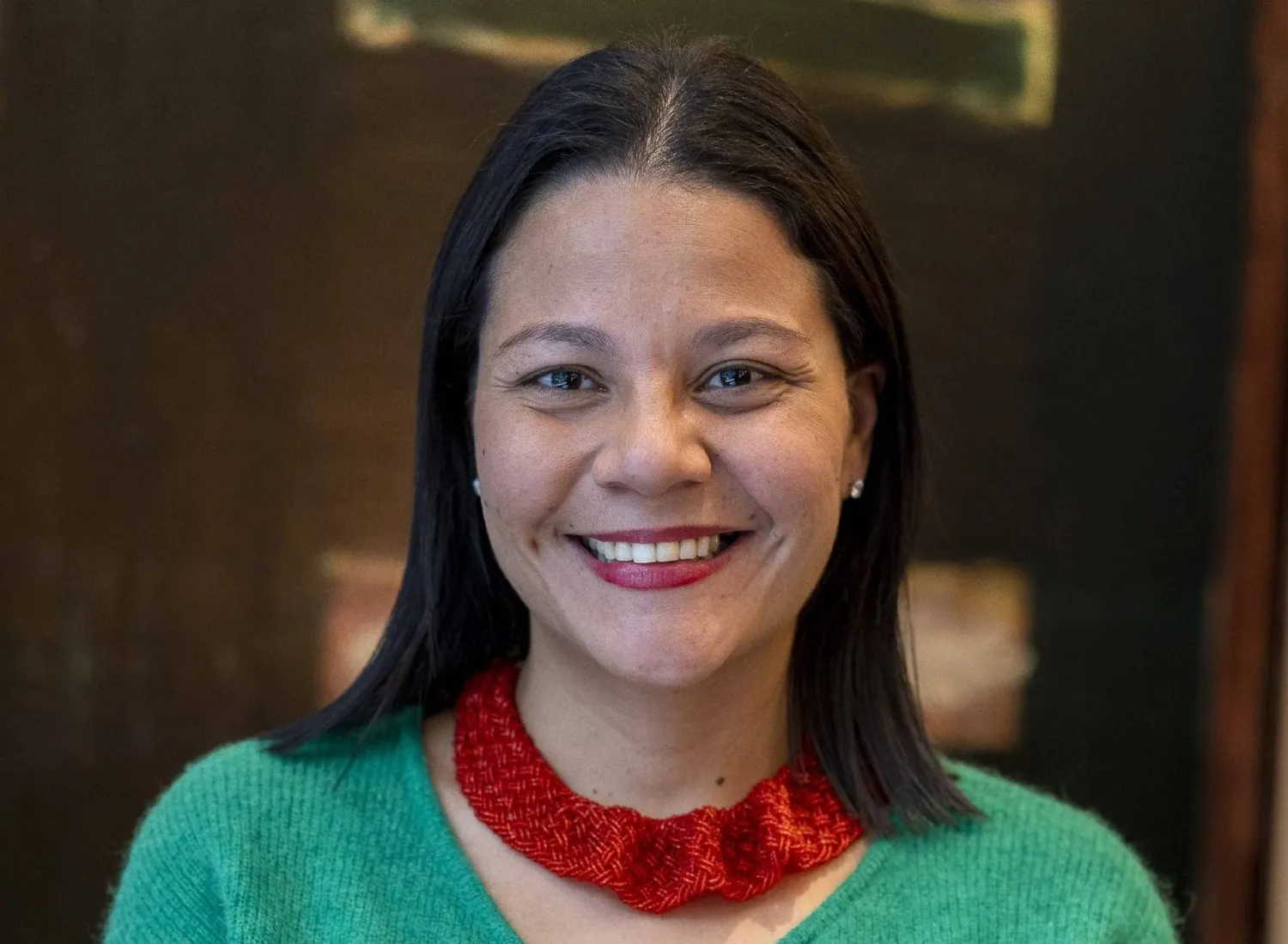The UN World Tourism Organization (UNWTO) is set to launch the “UNWTO Women in Tech Startup Competition: Middle East” on September 27 in the Saudi capital city of Riyadh.
The initiative aims to empower women in the tourism sector and increase their presence, while also supporting pioneering technological projects in the Arab region.
Furthermore, it seeks to financially support participating women by attracting investors from around the world.
The competition aligns with Saudi Arabia’s drive to develop its tourism system, injecting 3 trillion riyals ($800 billion) in the coming years to establish colossal projects that support its plan of attracting 100 million tourists by 2030.
Relevant authorities in the Kingdom have already begun enhancing their workforce and supporting Saudi entrepreneurs in developing their specialized companies within the sector.
Additionally, efforts are being made to empower women due to their low participation in the tourism industry in the Arab region compared to the global average.
Natalia Bayona, UNWTO Executive Director who is leading the innovation, education, and investments strategy of the UNWTO, told Asharq Al-Awsat that it is time to specifically focus on supporting talented women entrepreneurs in Saudi Arabia and the Middle East to shape the future of tourism in the region.
Women represent 34% of startup founders in the technology field in the region and over 50% of graduates in science, technology, engineering, and mathematics in the Arab world.
Therefore, the competition represents a convergence of empowering women, innovation, and tourism.
Tourism has a special impact on the lives of women and youth, as it is the primary sector in which they work at a global level, emphasized Bayona.
It is interesting to note that while women represent approximately 54% of the workforce in international tourism, they account for only 8% in the Middle East, she added.









